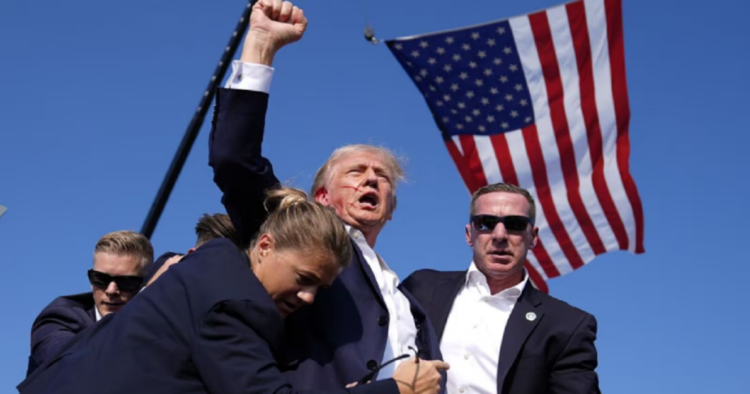A recent assassination attempt on Donald Trump has reignited the debate over gun laws in the United States. The incident involved a young man using an AR-15-style rifle, highlighting the weapon’s controversial role in American society.
At the Republican Party convention in Milwaukee, delegates overwhelmingly opposed stricter gun control measures. They defended the Second Amendment right to bear arms, seeing any restrictions as unconstitutional.
Delegates argued against reforms like raising the age to buy assault weapons or implementing expanded background checks. Instead, they emphasized improving mental health services to prevent potential shooters from acting out.
Critics of gun control measures, like Steve Kramer from Georgia, dismissed the effectiveness of expanded background checks, pointing out that many shooters obtain guns illegally or through family members.
The Trump administration, known for its pro-gun stance, rolled back regulations that restricted gun purchases by people with mental illness. They also lifted bans on accessories like bump stocks, which can modify semi-automatic weapons into rapid-fire guns.
ALSO READ: “Elon Musk Refuses Committing $45 Million Monthly For Donald Trump Election”
Responding to the Trump rally incident, advocates of gun rights emphasized the role of an armed citizenry as a deterrent against violence, believing that legal gun owners can help prevent mass shootings.
Despite past tragedies like the Sandy Hook Elementary School massacre in 2012, where an AR-15 was used, legislative efforts to tighten gun laws have faced strong resistance in Congress, particularly from Republican lawmakers.
As investigations into the Trump rally shooting continue, the focus remains on balancing gun rights with public safety, a perennial challenge in American politics.

















Comments